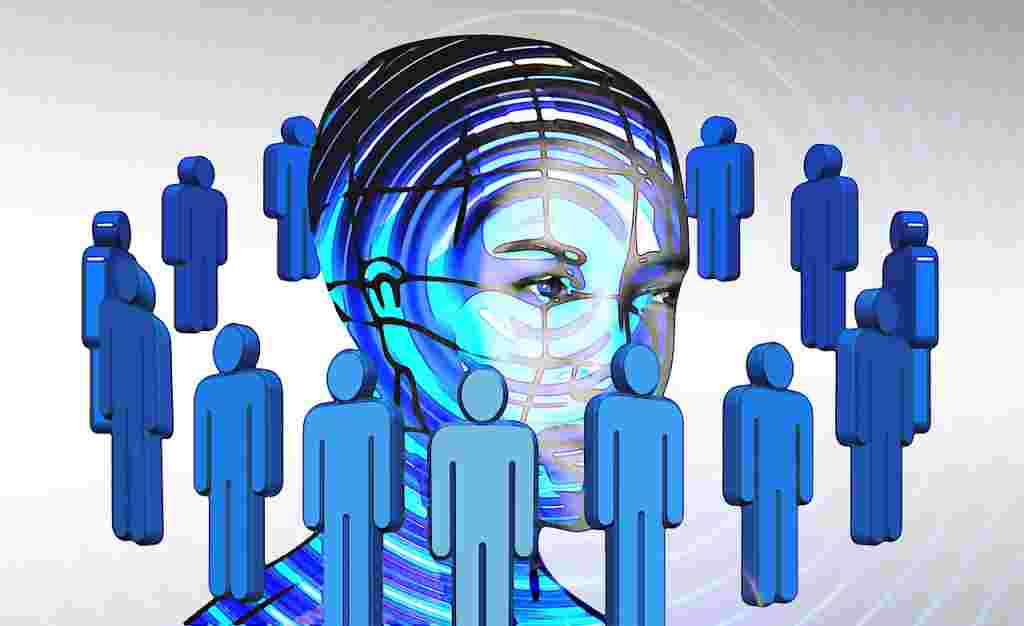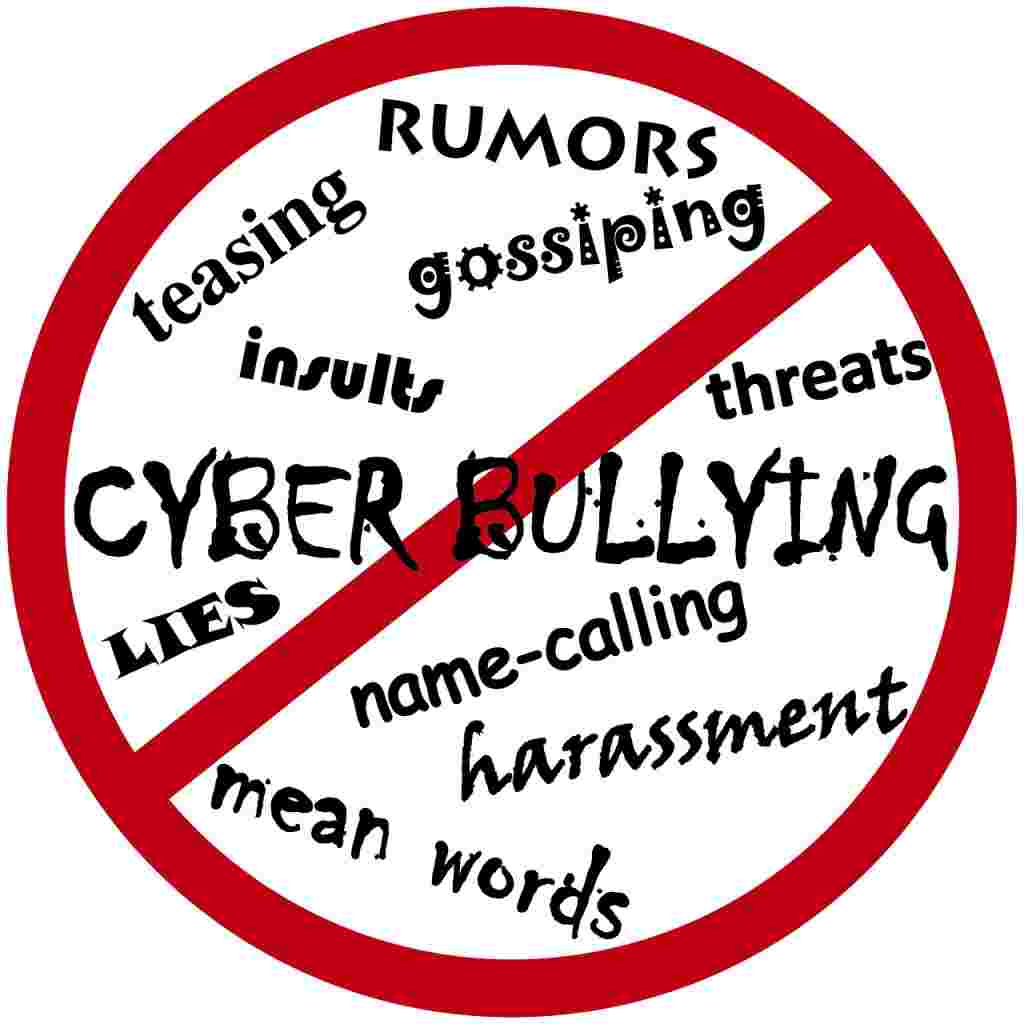
Concerns have been raised by parents about the risk of cyber bullying among young people after new research revealed more than half of children under the age of 16 (53%) are accessing the internet on a handheld device, while a quarter have an internet enabled computer in their bedroom.
Online age verification system, AgeChecked, surveyed parents to reveal the range of ways their children are accessing the internet unsupervised to highlight the potential problems for parents.
Worryingly, the report also revealed that over two thirds of parents (68%) cannot be sure who their children are communicating with on the internet while over half (57%) believe that current age restrictions to protect children online aren’t working effectively.
While 52% of children have access to a shared family computer which can be easily observed by parents, almost two thirds (64%) can access the internet via a games console and over half (53%) via a tablet or phone.
AgeChecked’s ‘Parents’ Concerns for Generation Internet’ report highlights fears that these devices could be possible portals to inappropriate content, make children more vulnerable to cyber bullying or enable them to purchase age restricted products like alcohol.

Alastair Graham, CEO of AgeChecked said: “It is understandable that parents are concerned their children could be accessing the internet unsupervised and subjected to inappropriate content or faced with possibly harmful situations.
“While access to the internet can be hugely enjoyable and educational, protections need to be in place.
“With the internet so easily accessible through games consoles and mobile devices, it’s not possible for parents to supervise internet access 24/7. Therefore, there’s an increasing need for businesses and website owners to share the responsibility and work with parents to ensure that there are proper age filters in place.”
Rosi Prescott, chief executive of youth charity Central YMCA, said the results were a concern, but warned against overlooking the advantages of young people being able to use the internet.
She said: “As the world of technology progresses in leaps and bounds, it can be difficult for governments, organisations and individuals to keep pace. There are great rewards to be realised through innovation in communication, education and information, but there is also a need for a new set of social rules, behaviours and practices which protect the vulnerable – in particular the young.

“Cyber bullying is one of the most concerning, growing issues associated with youngsters having access to the internet from an early age. Results from research we undertook earlier this year with 1,600 UK youngsters revealed that issues relating to 24/7 social networking was one of the biggest challenges facing them today, with this concern coming top of the list when youngsters were asked what problems they thought would become progressively worse for the next generation of young people. This modern trend of ‘always on’ social networking can put overwhelming amounts of social pressure on youngsters, which can ultimately lead to hampered wellbeing and body image issues, to name just a couple.
“As a result, safeguards must be put in place to protect the vulnerable against these modern risks.”
For more information and to download the full report, please visit: AgeChecked

* Online survey of 1,500 households conducted in June 2016



















